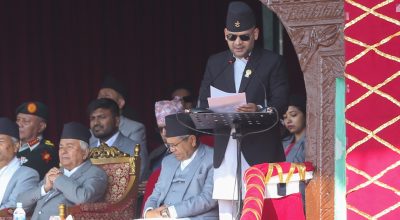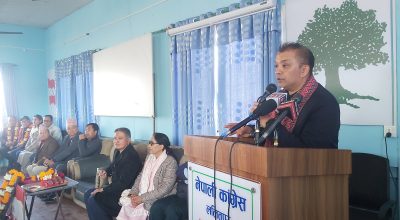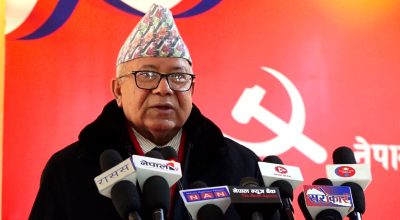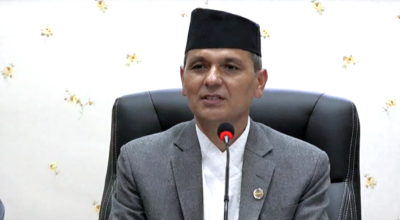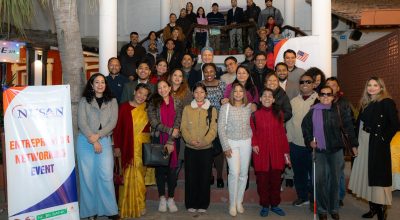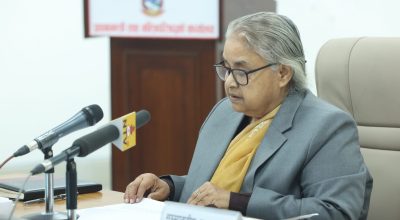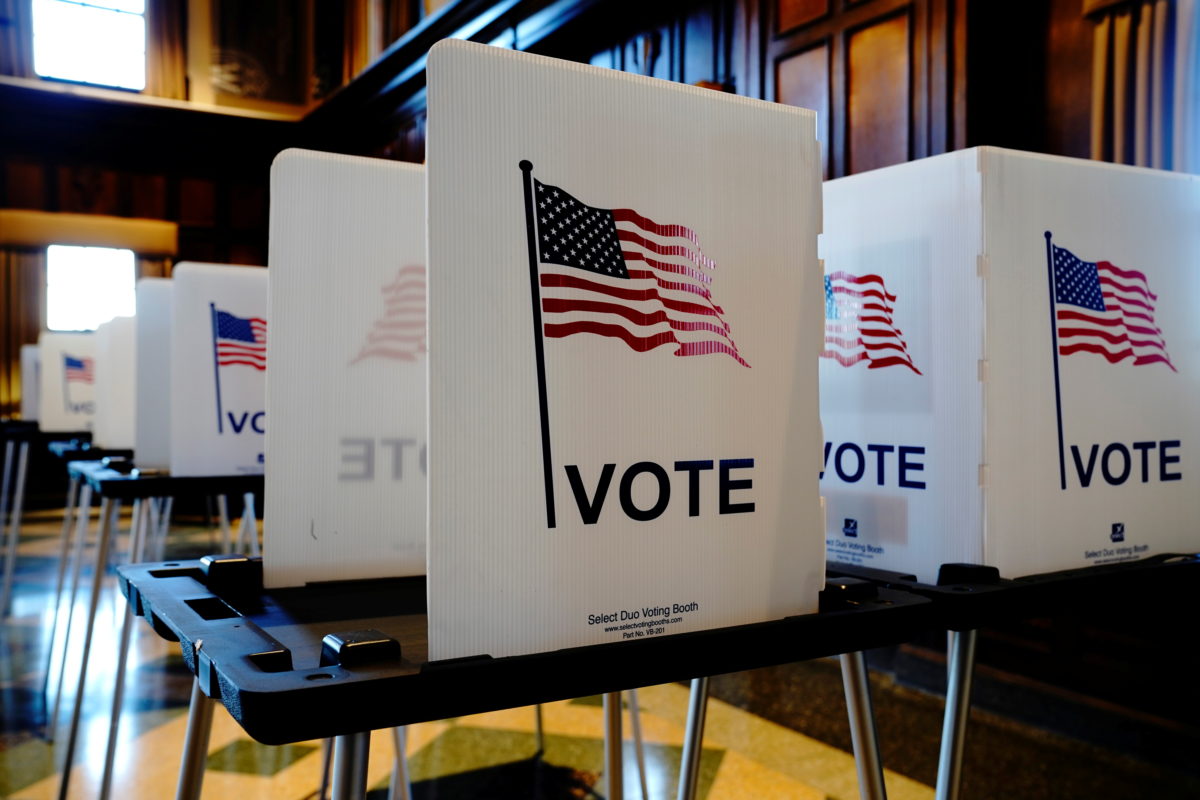
The United States, often hailed as a beacon of democracy, regularly witnesses the fervor and anticipation surrounding its electoral processes. However, beneath the spectacle lies a stark reality: elections alone cannot resolve the multifaceted internal political challenges that the nation confronts. While the electoral system offers a platform for citizens to voice their preferences, it is insufficient in addressing deep-rooted issues such as polarization, systemic inequalities, and legislative gridlock. This article explores why the US election is unable to fully tackle these internal political challenges and provides examples illustrating the limitations of relying solely on electoral processes.
One of the most glaring internal political challenges facing the United States is the deep polarization and partisan divides that permeate its political landscape. Elections, rather than mitigating this polarization, often exacerbate it. Campaigns driven by rhetoric aimed at mobilizing the base can further entrench ideological differences and hinder bipartisan cooperation. For instance, the 2020 presidential election showcased a deeply divided electorate, with issues such as healthcare, immigration, and climate change polarizing voters along party lines. Despite the election outcome, the underlying polarization persists, impeding meaningful progress on critical policy issues.
While elections provide an opportunity for marginalized communities to advocate for change, they do not guarantee meaningful advancements in addressing systemic inequalities. Issues such as racial injustice, economic disparities, and access to healthcare require sustained efforts beyond the electoral cycle. The Black Lives Matter movement, for instance, emerged as a response to systemic racism and police brutality, transcending electoral politics to demand structural reforms. While political candidates may incorporate these issues into their platforms during elections, tangible progress often requires grassroots activism, legislative action, and societal transformation beyond electoral outcomes.
The US political system, characterized by checks and balances, often grapples with legislative gridlock and dysfunction. Even after elections, partisan stalemates and congressional deadlock hinder effective governance. The inability to pass comprehensive immigration reform, despite numerous attempts by successive administrations, underscores the limitations of elections in addressing complex policy challenges. Moreover, gerrymandering and the influence of special interest groups further exacerbate gridlock, undermining the democratic principles of representation and accountability.
Beyond the immediate outcomes of elections, structural challenges within the US political system hinder the effective resolution of internal political issues. The Electoral College, for instance, can lead to discrepancies between the popular vote and the election outcome, as seen in the 2016 and 2000 presidential elections. This discrepancy can undermine the legitimacy of election results and exacerbate divisions within society. Similarly, the influence of money in politics, exemplified by the proliferation of Super PACs and corporate lobbying, distorts democratic processes and undermines the principle of equal representation.
While elections are essential components of democracy, addressing internal political challenges requires active engagement from civil society and grassroots movements. Movements such as Occupy Wall Street and the Women’s March have highlighted issues of economic inequality and women’s rights, respectively, driving social and political change beyond electoral cycles. These movements mobilize citizens, amplify marginalized voices, and hold elected officials accountable, complementing the electoral process with direct action and advocacy.
While the US election serves as a cornerstone of democracy, it alone cannot resolve the nation’s internal political challenges. Issues such as polarization, systemic inequalities, and legislative gridlock persist beyond electoral cycles, necessitating sustained efforts from both elected officials and civil society. Structural reforms, grassroots activism, and societal transformation are essential components of addressing these challenges and advancing a more inclusive and equitable democracy. By recognizing the limitations of elections and embracing broader forms of civic engagement, the United States can strive towards a more responsive and resilient political system.
The flaws in US democracy are evident across various aspects of the political system. Voter suppression tactics, such as strict voter ID laws and the closure of polling stations in minority neighborhoods, disproportionately affect marginalized communities, undermining the principle of equal representation. Partisan gerrymandering distorts electoral districts, allowing politicians to choose their voters rather than the other way around, thereby eroding the democratic ideal of fair representation.
The influence of money in politics is another significant flaw, as wealthy donors and special interest groups can wield outsized influence over elections and policymaking, often at the expense of the general public’s interests. Additionally, the Electoral College system can lead to discrepancies between the popular vote and the election outcome, as seen in recent presidential elections, undermining the principle of majority rule.
Furthermore, the erosion of trust in democratic institutions due to disinformation campaigns, foreign interference, and political polarization exacerbates these flaws, creating a precarious environment for the functioning of democracy in the United States. Addressing these systemic issues is crucial for revitalizing and strengthening US democracy for future generations.
Partisan gerrymandering, the practice of manipulating electoral district boundaries to favor one political party, distorts the democratic representation of voters. In states like North Carolina and Wisconsin, where gerrymandering has been rampant, electoral maps are drawn to consolidate power for the ruling party, diluting the voices of opposition voters. This manipulation undermines the principle of fair representation and entrenches political polarization, further eroding trust in the electoral system.
The influence of money in politics poses a significant threat to the fairness and integrity of US elections. Super PACs and dark money groups wield immense financial power, pouring millions of dollars into campaigns and drowning out the voices of ordinary citizens. The Citizens United decision in 2010 further exacerbated this issue by allowing unlimited corporate spending on elections, effectively undermining the principle of one person, one vote. As a result, elections become increasingly influenced by special interests, eroding the democratic ideal of a government accountable to the people.
In conclusion, the US election system is riddled with severe problems that undermine its ability to protect democracy. Voter suppression tactics disenfranchise marginalized communities, partisan gerrymandering distorts representation, cybersecurity vulnerabilities expose the electoral infrastructure to manipulation, and the influence of money in politics undermines the fairness of elections. Addressing these systemic challenges is essential to safeguarding the integrity of the electoral process and upholding the principles of democracy. Without meaningful reforms, the US risks further erosion of public trust and confidence in its democratic institutions.






